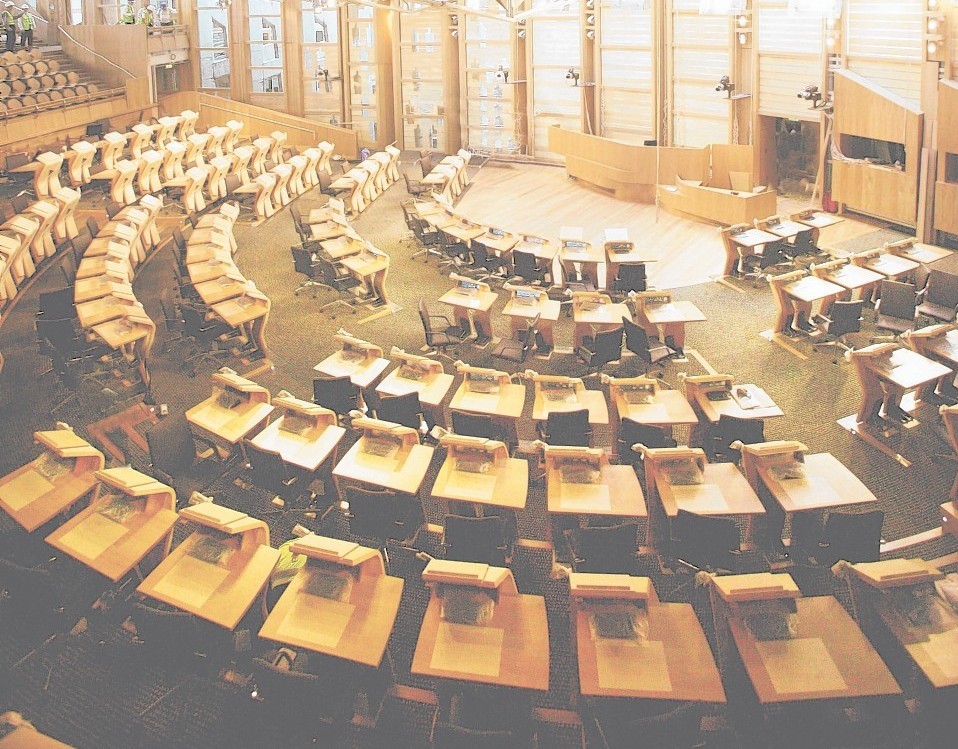Controversial plans to give 120 public bodies access to personal data will be given appropriate Scottish Parliament scrutiny, MSPs have decided.
Parliamentarians backed a motion yesterday which means Scottish Government plans to roll out certain data on the NHS Central Register (NHSCR) will be debated before any decisions are made.
Deputy First Minister John Swinney has insisted that no medical records will be shared and privacy will be protected but critics said they feared the plans amounted to identity cards “by the back door”.
MSPs voted in favour of a motion lodged by Scottish Liberal Democrat leader Willie Rennie for the proposals to be treated as primary legislation, by 65 to 60.
Everyone born in Scotland or registered with a GP north of the border has a Unique Citizen Reference Number held in the NHSCR.
SNP ministers argue that opening up access to NHSCR would help to trace children missing from education, identify foreign patients accessing the NHS, allow people to access public services securely, and help HM Revenues and Customs to complete the tax register.
The government said only a limited amount of data would be shared and medical records would not be part of the register.
Mr Swinney said: “I can make it absolutely clear we are not establishing a new data base.
“I pledge that I will work co-operatively across the political spectrum to ensure that agreement is reached.
“We will subject any proposals that we bring forward to wide consultation and to the full parliamentary scrutiny.”
Mr Rennie has argued that the proposals could leave people’s personal information at risk of being searched, profiled and mined while the Conservatives accused the SNP administration of being “overly intrusive”.
Labour public health spokesman Dr Richard Simpson said the government must halt the plan and “go back to the drawing board”.
